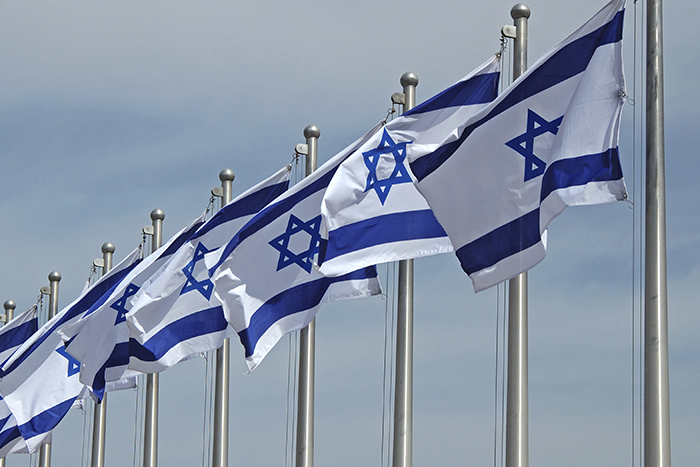
Recent attempts by Haredi parties to solidify their monopoly over conversions and to be the sole determiners of Jewish identity are part of a long and complicated history of conversion law in Israel. Read about the major developments here:
-
1950: The Law of Return (חֹוק הַשְׁבוּת) is passed on July 5, giving Jews the right to live in Israel and gain Israeli citizenship. Jewish status and recognition of Jewish identity become issues of national importance.
-
1970: The right of entry and settlement is granted to people with one Jewish grandparent, non-Jewish spouses of Jews, and converts to Judaism through Orthodox institutions in Israel or Reform and Conservative conversions performed outside the state.
-
1973: Rabbi Ovadia Yosef rules to recognize Ethiopian Jews’ religious status, making their aliyah possible. Still, the Chief Rabbinate of Israel initially requires a pro forma conversion to remove doubts about their status.
-
1998: The Ne’eman Commission is established to address difficulties in the conversion process. It proposes a conversion institute run jointly by members of the Reform, Conservative, and Orthodox movements. Teachers would come from all three streams, but the actual conversion would occur in Orthodox courts. The Chief Rabbinate refuses to participate in this work or to meet with its members lest it grant recognition to Reform and Conservative Judaism.
-
2003: To help those from the former Soviet Union, the Jewish Agency launches an accelerated conversion program at Israeli absorption centers in Eastern Europe whose rabbinic conversion courts (batei din) are staffed by Orthodox rabbis who are not accepted by the Israeli Chief Rabbinate.
-
2005: The Israeli Supreme Court rules that all conversions performed outside Israel will be recognized under the Law of Return. This extends to overseas conversions even if the preparatory work was done within Israel.
-
2010: In an attempt to exclude Reform and Conservative rabbis, MK David Rotem, proposes a bill to increase the Chief Rabbinate's authority over conversions and requires the Rabbinate to approve the appointment of conversion judges.
-
2017: Two Haredi parties, Shas and United Torah Judaism, gain traction advancing a bill to secure the control of the Chief Rabbinate as the only body authorized by the government to perform conversions in Israel. Due to opposition, discussion of the bill is delayed until late December.
The impulse to exclude progressive Jews and new immigrants has animated Israeli immigration policy, but the history of conversion law is also filled with noble efforts to extend the rights of citizenship to more Jews and truly make Israel the Homeland of our people. To ensure the future of the Jewish State as an open, accepting, pluralistic and democratic society, please join the Reform Movement’s Campaign for Religious Equality. With your help we can support advocacy and legal work in Israel, strengthen the Reform Movement in Israel by building additional congregations, and assist the reach of the Israeli Reform Movement's public awareness campaign. Visit ARZA.org for more information about how to support religious equality.
